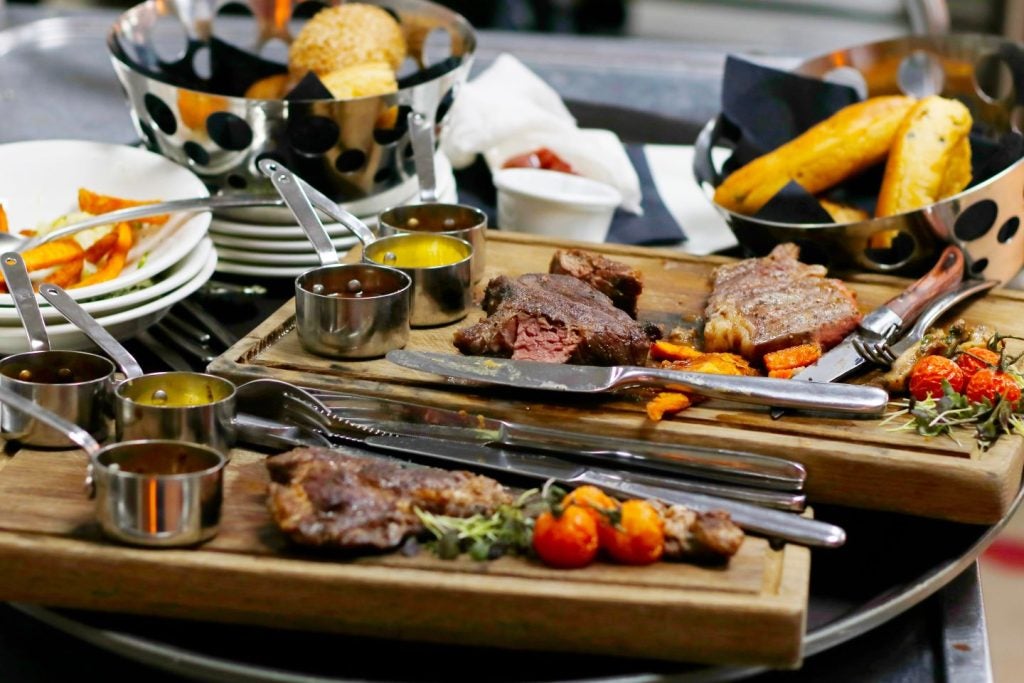Food waste is one of the most pressing yet overlooked issues of our time. According to the Food and Agriculture Organization of the United Nations, approximately one-third of all food produced for human consumption is lost or wasted globally each year. This amounts to a staggering 1.3 billion tons of food wasted annually, valued at nearly $1trn. While households account for much of this waste, the hotel industry plays a particularly egregious role.
As countries strive to meet the United Nations Sustainable Development Goals (SDG) 12.3—to halve food waste by 2030—it’s clear that without addressing waste in hotels, we’re fighting a losing battle.
The scale of the problem
Hotels contribute significantly to food waste. Buffets, room service, event catering, and overly indulgent menus all lead to vast amounts of perfectly edible food being thrown away. A 2018 study by the Waste and Resources Action Programme revealed that hospitality and food service businesses globally produce about 87 million tons of food waste annually. Within the hotel industry, hotels alone create 79,000 tons of food waste annually. Food waste in hotels makes up nearly 10% of all commercial food waste.
The issue is not just about food but about resources. Producing, transporting, and disposing of wasted food costs energy, water, and money. According to the FAO, wasted food accounts for 8%-10% of global greenhouse gas emissions, rivalling the emissions of entire countries such as Germany. This waste is a glaring contradiction for a sector as image-conscious as hospitality.
The hotel industry's role in food waste
The problem with food waste in hotels often stems from a desire to provide abundance. Buffets, designed to appeal to customers’ eyes, lead to plates being piled high with food that often goes uneaten. A single hotel buffet can waste hundreds of kilograms of food daily. The causes of food waste in hotels vary but research splits it into three reasons: 45% of hotel food waste is from food preparation, 34% of hotel food waste is from consumer plates, and 21% of hotel food waste is from spoilage.
In addition to buffets, rigid kitchen practices also play a role. Many hotels over-order ingredients to ensure consistent quality and avoid stockouts, yet unused ingredients are often discarded when they near their expiration dates. Meanwhile, events and conferences hosted at hotels demand extravagant catering spreads, much of which ends up trashed after hotels spend £28bn ($35bn) on catering and banqueting events every year.
Food waste and SDG 12.3
Sustainable Development Goal 12.3 specifically calls for halving global food waste by 2030. Achieving this target requires urgent action in high-impact industries such as hospitality. Beyond moral responsibility, reducing food waste aligns with economic sense: WRAP estimates that for every dollar spent on reducing food waste, hospitality businesses can save up to $7.
Solutions are within reach. The Four Seasons has collaborated with companies such as Winnow, Lumitics, and Kitro to measure food waste using AI. Four Seasons has reduced over 184,000kg of food waste, equivalent to more than 520,000 meals and 460 metric tons of carbon dioxide equivalent (CO₂e). Winnow’s food waste management system uses cameras, sensors, and scales to measure food waste. With this data, hotels can make better decisions and track their progress on food waste over time. The InterContinental Hotel Group hotels collaborated with Winnow to use AI to help hotels measure and reduce food waste. In 2023, approximately 197,312kg of food waste was saved by 41 hotels globally, equivalent to 493,279 meals.
Other hotels are partnering with organisations such as Too Good To Go, which connects surplus food with customers at discounted prices. In 2020, Accor partnered with Too Good to Go, saving 450,000 meals and preventing 225 tons of waste across 650 hotels in 11 European countries since 2016. Even small changes, for instance, reducing buffet portions or offering a la carte options, can significantly cut waste.
A cultural shift
But solving food waste in hotels isn’t just about logistics—it requires a cultural shift. The industry must redefine what “luxury” means. Instead of excess, the focus should shift to sustainability, creativity, and thoughtfulness. Guests are increasingly aware of environmental issues, and many would likely embrace hotels that champion waste reduction.









